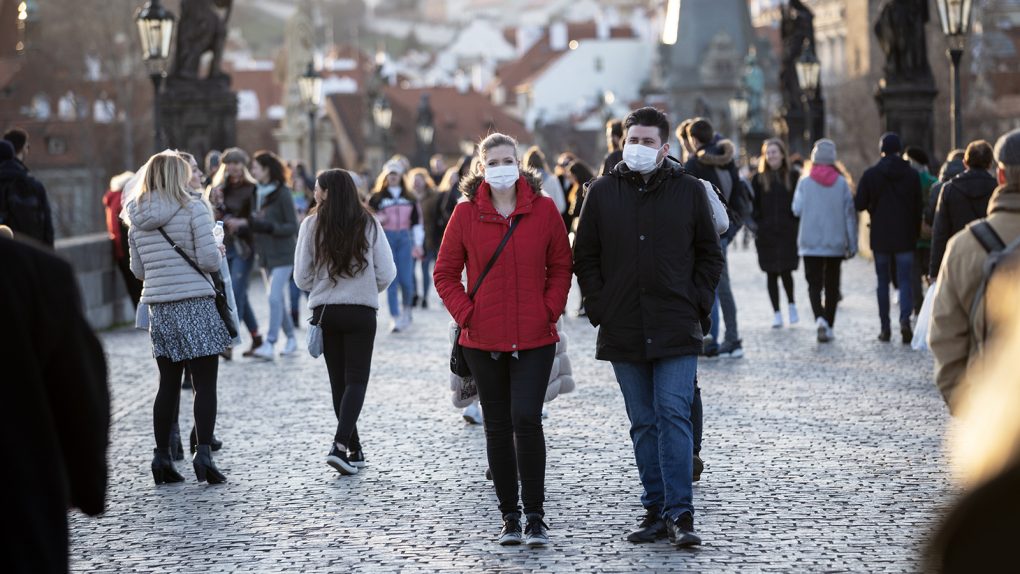- Danish authorities announced plans to slaughter some 17 million minks after discovering a new coronavirus virus mutation that might endanger existing vaccine work.
- The government announced that 12 people got the new coronavirus strain from the mink population. The patients had an “impaired reaction to antibodies,” indicating that existing vaccines might not work.
- “This is extremely serious, and a threat to the entire world,” Danish Prime Minister Mette Frederiksen said about the novel coronavirus strain.
SARS-CoV-2, the pathogen that causes COVID-19, behaves just like other viruses fighting for survival. It mutates over time, responding to the challenges it faces. A mutation allowed the virus to jump to humans, and then the virus continued to go through genetic changes. We have known for months that D614G is the most important mutation that scientists observed. Teams of geneticists around the world track the genome changes of the coronavirus, as mutations can alter the clinical course of COVID-19, but also impact vaccine research.
The D614G mutation is more infectious than the original Wuhan strain, but that doesn’t make it more deadly. The virus is just more efficient at binding to the ACE2 receptors than before. The D614G mutation dominated Europe and America in the first wave of the pandemic and then made its way across the world. But the mutation has not affected vaccine research. In fact, the volunteers who have received various vaccine candidates so far are more likely to be exposed to D614G than any other strain, as the mutation was spreading in the community by the time the first vaccine trials had started.
Like any other virus, the novel coronavirus will not stop mutating. Public health officials from Denmark have just announced what might be the worst coronavirus development of the pandemic. The virus suffered a new mutation that might directly impact the current vaccines, and officials are scrambling to contain the new strain. Also notable is the host that allowed the virus to mutate: An animal.
Reports earlier this year proved the fact that the coronavirus can jump from animals to humans. The virus moved from people to minx, which in turn infected other people. Various reports mentioned the culling of minks in farms experiencing massive outbreaks.
The Danish government is now getting ready to put down some 17 million minks in the country. The animals were infected with the coronavirus, and that’s where health officials discovered a brand new mutation they think might become a threat to the whole world.
“This is extremely serious, and a threat to the entire world,” Danish Prime Minister Mette Frederiksen said at a news conference, according to Berlingske.
The government said it had taken steps to slaughter all the minks in Denmark “as soon as possible,” after health officials discovered the mutated form of coronavirus spread to humans. Frederiksen said that steps are being taken to isolate certain areas in the North of Jutland to contain outbreaks of the new virus.
According to the Danish State Serum Institute, the virus has mutated to a stage where it will harm vaccines’ efficacy. “This is an extremely serious situation, Frederiksen said. “Despite a dedicated effort, 207 mink farms have been infected. It has not been possible to contain the outbreak which has now spread to humans.”
The mutated coronavirus was passed to 12 individuals, who apparently had an impaired reaction to antibodies, according to the report. This would hinder any vaccine effort, as vaccines induce antibodies that are supposed to block the virus.
“With the mutation that has now been found, we have an even greater responsibility to the rest of the world. For that reason, we need to take this extremely seriously. We intend to do everything we can to contain it and make sure that it does not spread,” the prime minister said. The new mutation, which doesn’t have a name for the time being, is “a serious risk to public health and to the development of a vaccine.”
“To all of you in North Jutland: We know you will be living with an uncomfortable uncertainty until tomorrow,” she said. “This is a worrying and extremely serious situation that has compelled us to act now forcefully – not just for Denmark, but for the rest of the world. We need to get this situation under control.”
The country’s health minister Magnus Heunicke said there are no indications the virus is more dangerous than the regular coronavirus version that’s infected hundreds of thousands of people every day.








